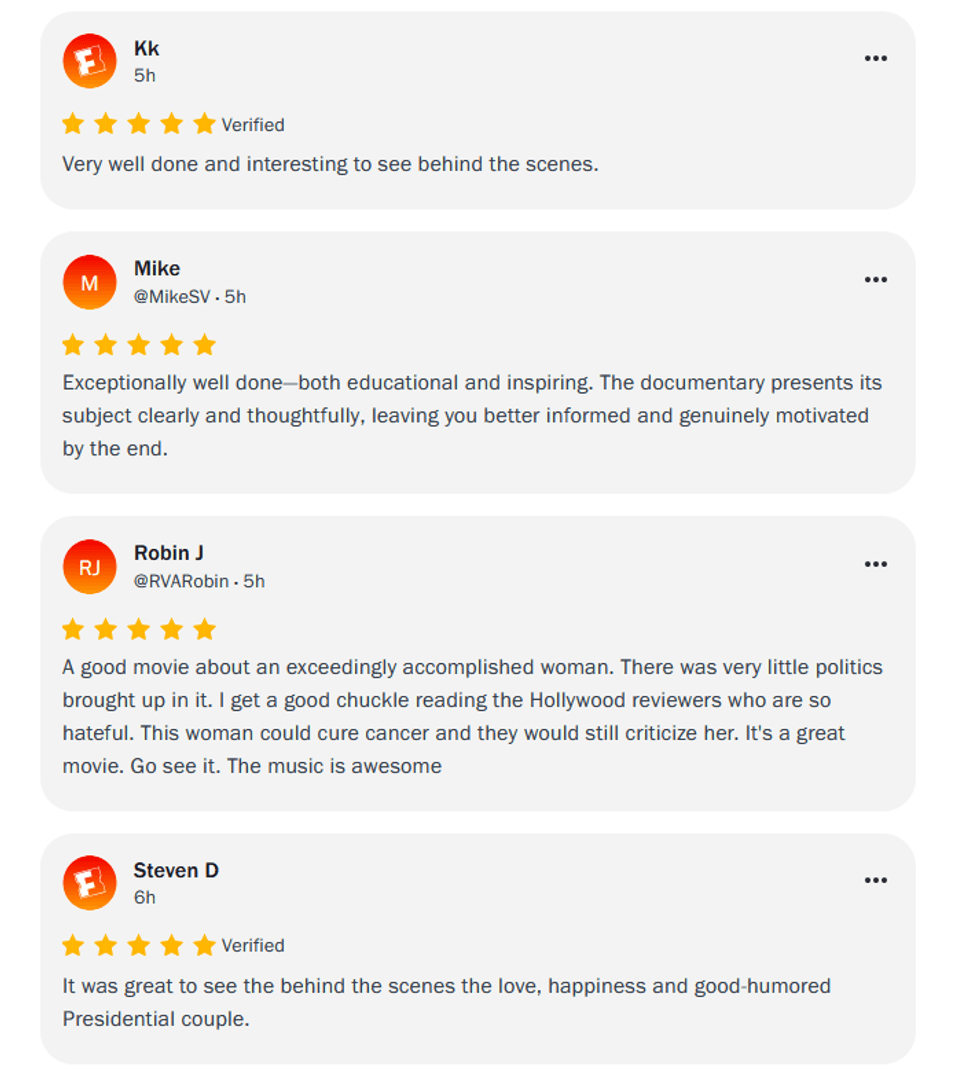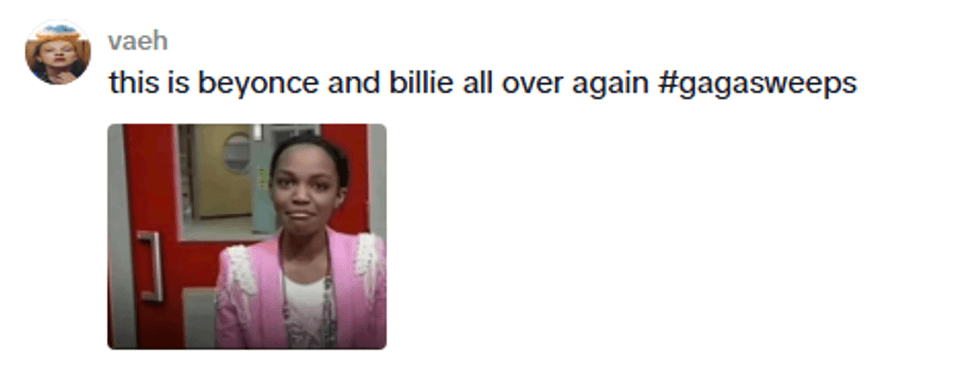Working in the medical profession simply builds a whole lot of heartache. Doctors watch, day after day, as some of their patients fall ill, only to never recover.
It's a part of the job to break gentle news both to the patients and to their families that their loved one is most likely not going to make it. Having to tell someone they're dying, and force them to deal with their own mortality, brings up a special kind of hell.
Some people have had to develop coping mechanisms to get through it.
Redditor roblixepic asked:
"Doctors of Reddit, how do you tell a patient that they're dying?"
Here were some of those answers.
Compassion Goes The Distance
"My dad’s surgeon discovered what he called 'cement' in his abdomen from cancer that had spread so aggressively that it damaged his colon and required emergency surgery. I asked the doctor while waiting for my dad to wake up if it was terminal."
"The incredible man told me he was not God and could not declare certainties. He said other patients with similar onset had anywhere from a few months to five years. He told me could not tell the future but suggested we discuss care options with my dad."
"I asked his opinion if we should tell my dad right away or give him time to recover from surgery. I’ll never forget his response: 'In my experience, patients know when their bodies are giving up. He will know before you or I do.'”
"My dad had almost 3 years after that conversation. When his body was finally giving out, he asked my mom to take him to the hospital, and for the only time ever in his adult life, he left the house without shoes. My mom said he must have realized he wouldn’t be walking back into the house."
"That was almost 9 years ago. Cancer sucks. But some of my dad’s doctors were incredible and compassionate, and the ICU nurses were amazing."-OlderAndTired
Simple And Direct
"If you’re an amazing doctor like my dads doctor was, you say, 'I gave it my last shot, buddy. I gotta turn you over to hospice now but know I don’t want to.'”
"And he had a tear in his eye. He’d been my dads doctor for a long time (and a few other relatives, actually. This guy had been our end of life a few times-no fault of his own though!). I’ll always remember his compassion in that moment. It was simple, direct and caring."-MonsoonMermaid
Clarity
"ER Doctor: Sit down with the patient and family. Introduce myself. Explain clearly in layman's terms what has been found on the scan/lab/test etc. and the accompanying poor prognosis."
"I then pause because reactions vary considerably here. Some people cry, some people are frozen with shock, many in between."
"After patient/family has had their reaction I ask what (if any) questions they have for me and reassure them I will be in the ER until whatever hour (end of my shift) to help them or provide clarity."-Fancyphones123
Eloquently Frank
"I heard a neurologist tell a brain cancer patient once: 'Some illness have cures, and others treatment. We have reached the end of all possible treatments with respect to your wishes. What life you have left depends on will and time.'”-CriticalCareTaker
Here's The Plan
"In the US, we have an agreed upon guide at my institutions surrounding end of life care. Here's what we do, if the patient is lucid:"
- Initiating the conversation.
- Clarifying prognosis
- Identifying end of life goals
- Developing a treatment plan
https://www.ncbi.nlm.nih.gov/pmc/articles/PMC1495357/
"Actual conversations and details are tailored to the situation, patient, and culture."–thewaybaseballgo
These unimaginable situations are a daily occurrence for some people.
It's Important To Find The Pain Source
"I'd had scans and tests done for unknown stomach pain. The doctor came in and told me the results were back and the news was not good. Explained that I had a cancerous tumor on my bowel that had ruptured and spread to other organs."
"That it had spread too much and couldn't be cut out and chemo wouldn't make it fully go away. He told me unfortunately it was terminal and he reassured me that they would do all they could to give me more time and make me comfortable. At this point I began bawling my eyes out and crying 'my children, my poor children.'"
"He was compassionate towards me and gave me time to process it. Then came back later to explain things in greater detail once the shock had worn down a bit. There's no easy way to hear your dying in your 30s but he did an ok job."-SquelchingNoises
Undivided Attention
"There are actually pretty structured and formulaic ways to do it, but each person ultimately has their own style. Step one: hand your pager and cell phone off to someone else or silence it."
"Two: walk in, very clear introduction of your name, role, etc. if meeting them. Sit down, and don’t let anyone between you and the door. Ask the name and relation of anyone in the room. Ask if they prefer having someone else in the room (or FaceTime now because of Covid)"
"Three: ask what they know or have heard (I had patients outright say 'I know I am dying.' Or 'Everything is fine right?'). Ask what their understanding of that diagnosis is."
"Three: Warning shot and brief pause. 'Unfortunately, I have bad news.' Or 'I know we were hoping for X, but I’m sorry to have to tell you it isn’t what we were hoping for.' Pause. Let the patient panic, then they start listening again.
"Four: Be very clear, very direct when possible, and absolutely honest. Pause. At this point, I usually want to word vomit or backtrack but you cannot do that. The pause is awkward but they are thinking a million things. They will want to cling to, 'but this is curable right?!!'”
"At this point I ask if they want me to explain, give them a moment, call someone, etc. After I’ve explained, I ask them what their understanding was of what I just told them. Go from there."
"Finish by having clear plan for what happens next (oncology appointment, chaplain, etc.) and how to contact with questions. That’s my mental checklist. It’s a process."-ConEffe10
It's Not Easier For Vets
"Different perspective here, as I treat animals vs people, and thus I'm not explaining it to the patient itself."
"I usually tell people that we've reached the limit of what is possible and fair as far as curative treatment goes, and outline what they can expect as far as progression of disease and palliative care options."
"And, as I'm treating in a realm where this is a legal option, I also discuss what euthanasia entails and discuss at what point it will be warranted."-Moctor_Drignall
The Places You Have Come To Fear The Most
"We knew my mum was dying and that she didn’t have long. It was one of her nurses on the ward, clocking off her shift just before 2 days off. She knew she wouldn’t see her again."
"She hugged me, and hugged my mum, and told her that it had been a pleasure to care for her. We stepped outside and cried together and it was in that moment I knew. She passed the next morning, about 12 hours later."-juneradar
Being Straightforward
"Hospice and Palliative care doc here Do it every day I work. I do it with straightforwardness and honestly and compassion. I tell them most of my patients say they aren't afraid to die but are afraid of suffering along the way. Most agree this is how they feel. And I get to assure them me and my teams entire career is committed to making sure that they do not suffer emotionally, spiritually or physically."-Idontsuckcompletely
These Conspiracy Theories Are Easy to Debunk | George Takei’s Oh Myyy
There are some bizarre conspiracy theories out there. Like Australia isn't actually real... seriously? Any conspiracy theory that requires many people to kee...And it never gets easier, despite its frequency.
It Becomes The Process
"Not a doctor but a nurse. My last job I was the one you didn't want to come talk to you and I got oddly good at it."
"You tell them straight and make sure they understand exactly what you are saying because denial can be a hell of a thing. You don't joke. You be human and be upset too as that gives them permission to break down too."
"You listen and stay as long as they need but not so long that you annoy them. Answer any questions as best you can but don't give false hope. More than anything, be straightforward and be honest. That goes a long way."-rhett342
What An Awful Moment In Time
"They wouldn't tell my Dad. He took me and his sister in to see a CT scan and it looked like he swallowed golf balls the cancer (pancreatic) was everywhere."
"Dad asked about surgery and chemo and the Doctor just said it wasn't really an option. I spent the last two weeks watching Dad get worse and worse. He couldn't sleep, couldn't eat and couldn't get comfortable."
"We managed to get him into hospice the last few days where his girlfriend wouldn't stay in the room with him so I would only leave to grab food from the vending machine."
"I had to tell her he passed. She thought he was getting better. Wouldn't wish pancreatic cancer on anyone."-Auferstehen78
How To Take Care
"It's never easy. You have to be sincere, make sure you don't give false hope but you have the have the people skill. Trying and say something like 'we have exhausted all resources' or 'we have tried all angles,' because it should be true and coming from the heart."
"Be polite and sensitive, not all the way, but to them and the family. Say you're sorry and that you'll try the best to make their time worth. Allow visits as much as you can, send them home, if allowed."
"Make sure you talk to their families and let them know they fought to the end, even if it's not true. Treat the family as you would like to be treated, as the family. It sucks but it's the least to do."-eat_the_canvas
No Lying
"‘I’m not going to lie to you, I don’t lie to my patients. And although this is the first time we are meeting, you are my patient today. You are dying. We will do everything we can to assist you and keep you comfortable. Do you have any questions for me?’ My friend shook his head no. ‘Ok, then, the nurse will be in shortly to….’"
"Doctor left the room and I followed him out as I had questions. My friend was in the last stages of lung cancer that had spread. He passed within three hours. I had so much respect for that doctor. He gave it to us straight, but his voice was full of compassion." – friendofjay
An Observer Weighs In
"Not a DR but saw this on 24 hours in A&E and the person seemed to take it really well…"
“I’m afraid that you are really ill, in fact you are the illest person in Wales right now. We have tried XYZ but unfortunately they haven’t worked, we are going to keep trying whatever we can but there’s a high chance that you may die, so we are going to try and help you with being as comfortable as possible. We have your family here who are going to be by your side, I think it would be a good idea to say your goodbyes. I’m really sorry there isn’t more I can do”
"It was beautiful and the DR was calm, cool but also very moved and clearly very sad."-Hour-Cow-4348
Putting It Bluntly
"i took my mom to the ER in september cause she couldn’t move the right side of her body. they immediately took her into a CT scan and a white coat doctor walked in 30 minutes later, leaned on the counter in front of my moms bed and said 'we found 3 tumors and we think you have cancer”' i don’t remember much after that cause i was in shock and crying, but he basically outlined everything that would be happening from then on and then left the room. she did have cancer and she died a month later"–straightupgong
Being in a profession dealing with people's lives is an upsetting occurrence, and you have difficult things and situations to navigate almost on the daily.
Developing a system might spare you some of the more acute pain of doing the unthinkable.














 @obamaatredrobin/X
@obamaatredrobin/X
 @realDonaldTrump/Truth Social
@realDonaldTrump/Truth Social

 @.a.zan/TikTok
@.a.zan/TikTok @.a.zan/TikTok
@.a.zan/TikTok @.a.zan/TikTok
@.a.zan/TikTok @.a.zan/TikTok
@.a.zan/TikTok @.a.zan/TikTok
@.a.zan/TikTok @.a.zan/TikTok
@.a.zan/TikTok @.a.zan/TikTok
@.a.zan/TikTok @.a.zan/TikTok
@.a.zan/TikTok @.a.zan/TikTok
@.a.zan/TikTok @.a.zan/TikTok
@.a.zan/TikTok @.a.zan/TikTok
@.a.zan/TikTok @.a.zan/TikTok
@.a.zan/TikTok @.a.zan/TikTok
@.a.zan/TikTok @.a.zan/TikTok
@.a.zan/TikTok @.a.zan/TikTok
@.a.zan/TikTok